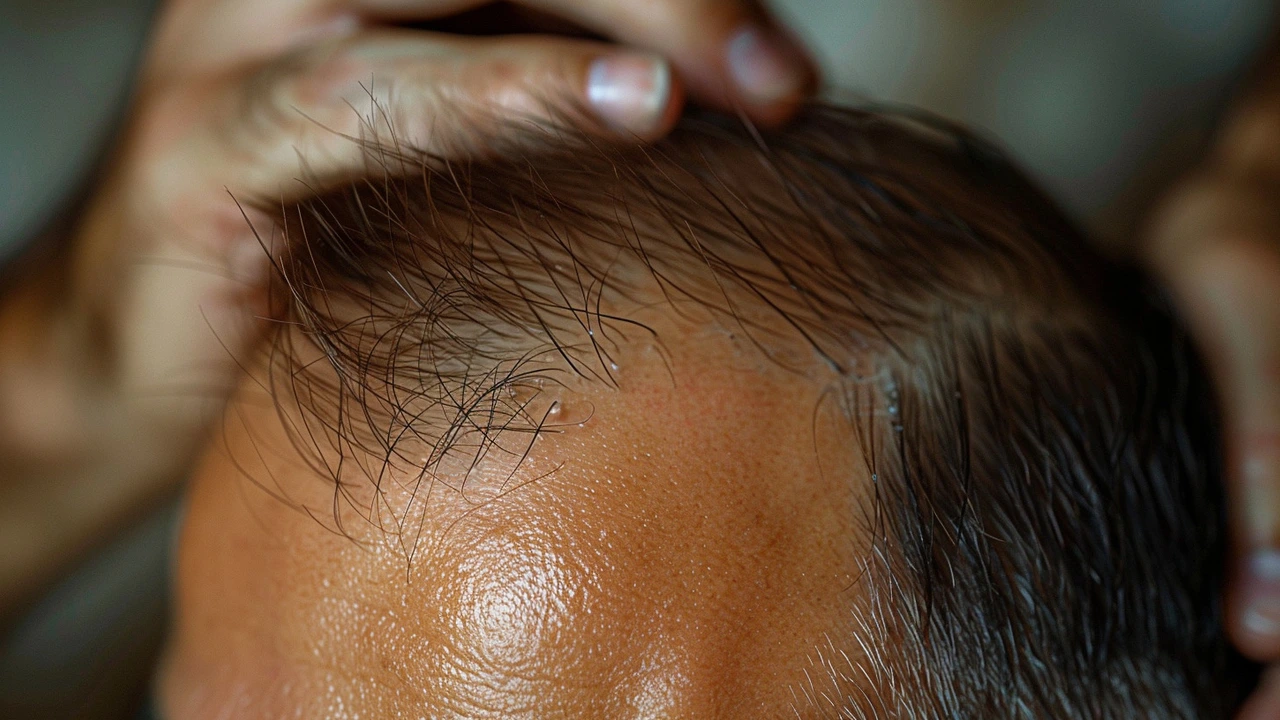Heart Disease: Practical Guide to Risks, Meds, and Everyday Choices
Heart disease is the leading cause of death worldwide. That sounds scary, but knowing the key risks and simple actions you can take makes a big difference. This page collects practical, no-nonsense advice about spotting trouble, managing medications, and changing daily habits so you can protect your heart without getting bogged down in jargon.
Know the numbers and what they mean
Start with three basic checks: blood pressure, LDL cholesterol, and waist size. High blood pressure silently damages arteries. High LDL raises your long-term risk for blockages. A large waist usually signals extra belly fat, which raises risk even if your weight seems okay.
Ask your clinician for target numbers and how often to test. If you’re on medication like a statin, get a baseline and follow-up tests. If you don’t have a regular doctor, a local clinic or pharmacy health check is a low-cost place to start.
Medications and what to watch for
Statins are the go-to drug to lower cholesterol and cut heart attack risk. They work well, but some people notice muscle aches, tiredness, or sleep changes. There’s an article here about statins and sleep that explains how to spot problems and when to talk to your doctor.
Other common heart meds include blood pressure drugs, beta-blockers, ACE inhibitors, and anticoagulants. Each comes with its own side effects and interaction risks. Keep an updated med list, check interactions before adding supplements, and never stop a prescribed drug suddenly without medical advice.
If you buy meds online, be careful. Look for clear contact info, pharmacy accreditation, and real customer reviews. Extremely low prices or no prescription requirements are red flags. Our site has guides comparing online pharmacies and tips for buying safely.
Beyond pills, lifestyle changes often matter more than you think. Aim for 30 minutes of moderate activity most days—walking, cycling, or brisk gardening all count. Cut back on added sugars and refined carbs; swap soda and sweets for whole fruits and water. Prioritize sleep: poor sleep raises blood pressure and appetite. Some people find simple supplements like glycine help sleep quality, but check with your clinician first.
Quit smoking and limit alcohol. If you’re overweight, losing even 5–10% of body weight can improve blood pressure and cholesterol. Manage stress with short, daily habits—10 minutes of focused breathing, a walk after work, or setting strict screen-off times at night.
Watch for warning signs: chest pressure or tightness, unexplained shortness of breath, sudden dizziness, or arm/jaw pain. These need urgent care. For ongoing symptoms like palpitations or persistent swelling, schedule a medical review—not a search engine self-diagnosis.
Heart health doesn’t require perfection. Small, steady steps—knowing your numbers, sticking with meds when prescribed, and picking one daily habit to change—add up fast. If you want more detail, explore our articles on statins, sleep, and safe online pharmacy shopping for trustworthy, practical reads.

Finasteride in Propecia & Proscar: A Potential Shield Against Heart Disease
Recent research highlights a surprising benefit of finasteride, the active ingredient in hair-loss medications like Propecia and Proscar. Beyond treating male pattern baldness and an enlarged prostate, finasteride is now linked to a lower risk of heart disease in men, thanks to its cholesterol-lowering effects.
